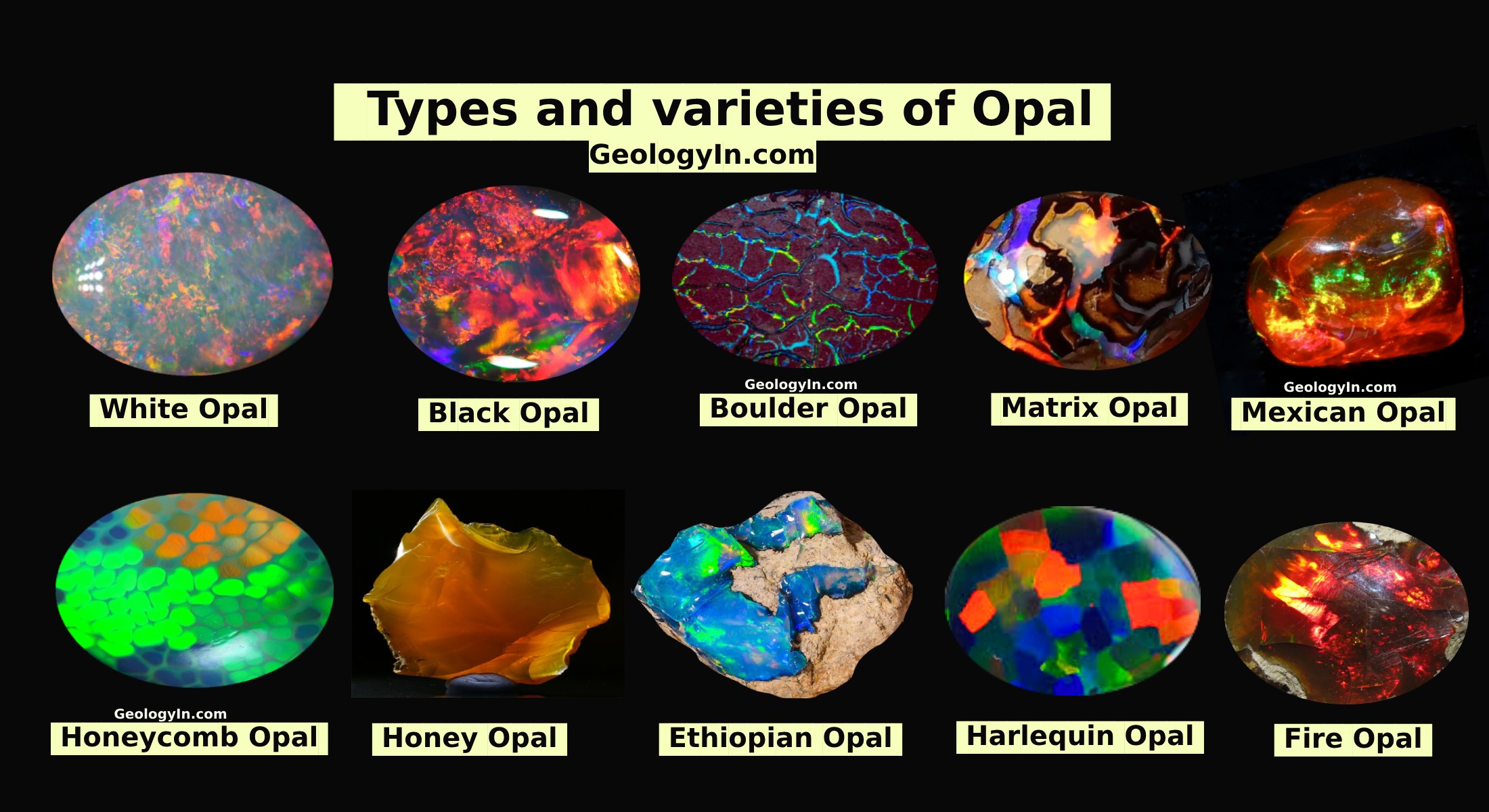Meteorite Impact, Not Volcanic Eruptions, Caused Dinosaur Mass Extinction
Asteroid, Not Volcanoes, Ended Dinosaur Reign
For decades, scientists have debated whether massive volcanic eruptions or a cataclysmic asteroid impact led to the extinction of the dinosaurs. A new study has resolved this debate, concluding that while volcanic activity influenced Earth’s climate, it was the asteroid impact that ultimately caused the dinosaurs’ demise 66 million years ago.
The End of the Dinosaurs
The extinction of dinosaurs 66 million years ago marked the end of their dominance over Earth. The Chicxulub asteroid, which struck the Gulf of Mexico, has long been the leading suspect. However, some scientists proposed that the Deccan Traps—a series of enormous volcanic eruptions on the Indian subcontinent—might have also played a significant role. These eruptions released vast quantities of CO₂, dust, and sulfur into the atmosphere, potentially altering the climate and destabilizing ecosystems.
A recent study, led by researchers from Utrecht University and the University of Manchester and published in Science Advances, found that while the Deccan Traps caused short-term cooling, their effects had diminished thousands of years before the asteroid’s impact. This confirms that the asteroid was the decisive factor in the mass extinction event at the end of the Cretaceous Period.
“Our data show that the climate disruptions caused by volcanism had already stabilized thousands of years before the asteroid struck,” said Lauren O’Connor of Utrecht University. “While these eruptions significantly affected life and the environment, they were not the primary driver of the dinosaurs’ extinction.”
Volcanic Cold Snap, But Not the Final Blow
The researchers discovered that a major volcanic eruption occurred roughly 30,000 years before the asteroid impact. This eruption caused a dramatic global cooling of at least 5°C, likely due to sulfur emissions blocking sunlight. However, their findings indicate that temperatures had returned to pre-eruption levels about 20,000 years before the asteroid struck.
“These volcanic eruptions had drastic effects on life,” said O’Connor. “But they occurred millennia before the asteroid impact and likely contributed only minimally to the extinction event.”
The Catastrophic Asteroid Impact
By the time the Chicxulub asteroid hit the Yucatán Peninsula in present-day Mexico, Earth’s climate had already stabilized. The asteroid’s collision unleashed a cascade of disasters, including massive wildfires, tsunamis, earthquakes, and a prolonged “impact winter” that blocked sunlight for years. These catastrophic conditions decimated ecosystems and led to the extinction of approximately 75% of species on Earth, including non-avian dinosaurs.
“The asteroid’s impact triggered an extinction-level event,” said Rhodri Jerrett of the University of Manchester. “Its effects were far more destructive and widespread than anything caused by volcanic activity.”
Reconstructing Ancient Climates
To unravel the events leading up to the extinction, the team used innovative techniques to study fossilized peat deposits from the United States. They analyzed temperature-sensitive molecules produced by bacteria, which change structure depending on environmental temperatures. This method enabled them to create a detailed timeline of climate fluctuations in the years preceding the extinction.
“Our approach provides remarkable precision in reconstructing past temperatures,” O’Connor explained. “It’s like reading a history book written in the language of molecules.”
Insights Into Earth’s History
The researchers plan to apply this technique to study other critical periods in Earth’s history, offering new insights into how climate changes have shaped life on our planet. Their work underscores the importance of understanding Earth’s resilience and vulnerabilities in the face of global-scale disasters.
As O’Connor noted, “This research not only clarifies the cause of the dinosaurs’ extinction but also enhances our understanding of how catastrophic events impact life on Earth.”
The Final Verdict
While the Deccan Traps eruptions were significant, they were not the ultimate cause of the dinosaurs’ demise. The Chicxulub asteroid remains the primary culprit in one of Earth’s most infamous extinction events. This study resolves a long-standing scientific mystery and demonstrates the power of cutting-edge research to unlock the secrets of our planet’s past.
The next time you look to the stars, remember: a visitor from space once changed the course of life on Earth forever.
Read also:
Nigersaurus: The Dinosaur with 500 Teeth
Chicken Evolution: Are Chickens Dinosaurs










